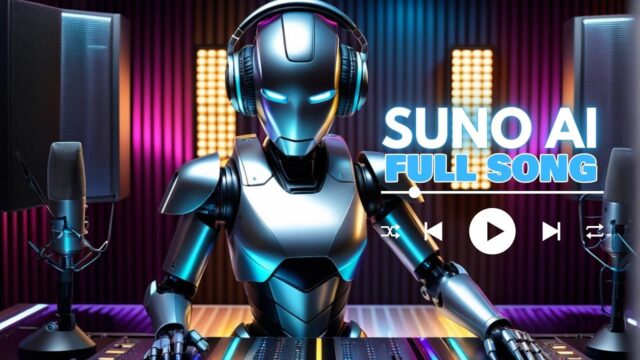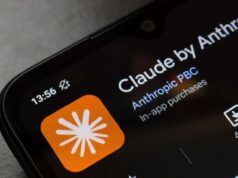
Suno AI has carved a niche in the rapidly evolving intersection of artificial intelligence and creative arts. Launched in 2022 by a team from Cambridge, Massachusetts, the startup has quickly gained recognition for its capability to transform simple text inputs into complete musical compositions, spanning various genres like rock, pop, classical, and even K-pop. This has not only piqued the interest of amateur music enthusiasts but also caught the eye of corporate clients like the Guardian for whom it has crafted unique jingles.
The foundation of Suno AI’s technology lies in its sophisticated AI models named Bark and Chirp. Bark focuses on vocal and lyrical content, while Chirp handles the instrumental elements. Together, they analyze text prompts—be it lyrics, general descriptions, or even random words—and utilize deep learning algorithms trained on extensive musical datasets to produce music that resonates with the given input.
However, Suno AI’s influence extends beyond simple music generation. It represents a broader shift towards democratizing music creation, making it accessible to anyone with an internet connection, regardless of their musical training or abilities. This inclusivity is central to Suno’s mission but also introduces questions about the future roles of musicians and composers in an industry increasingly leaning towards automation.
One of the key concerns revolves around the originality and authenticity of music. While Suno AI allows users to create songs “in the style of” specific artists, it carefully navigates copyright and plagiarism issues by blocking inputs that closely mimic existing copyrighted songs. This feature highlights the delicate balance Suno AI maintains between innovation and respect for traditional music rights.
Despite these safeguards, the implications for the music industry are profound. The ease and low cost of AI-generated music could potentially disrupt traditional music production methods, shifting the emphasis from human-created to AI-assisted creations. This shift might lead to a saturation of the music market with AI-generated songs, possibly diluting the perceived value of human-crafted compositions.
Yet, Suno AI also opens up new opportunities for collaboration and creativity. Musicians can use AI as a tool to enhance their compositions, explore new musical styles, or overcome creative blocks. The platform’s community features encourage collaboration, allowing users to share their AI-generated music and receive feedback, fostering a new form of musical interaction that blurs the lines between AI and human creativity.
Furthermore, Suno AI’s business model includes both free and paid tiers, offering commercial rights for the music created using its platform. This aspect is crucial for professional musicians and producers who wish to monetize their AI-generated music on platforms like YouTube or Spotify, thus integrating AI music into the broader entertainment ecosystem.
while Suno AI and similar technologies present challenges to traditional music creation paradigms, they also provide exciting new avenues for artistic expression and industry innovation. As AI continues to evolve, its role in music will likely expand, leading to further debates about creativity, authorship, and the economic models of the music industry.










